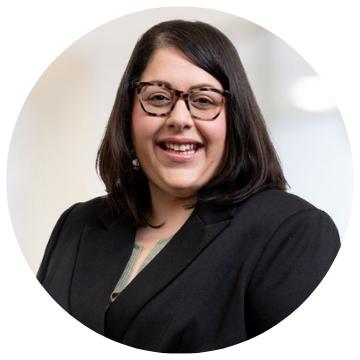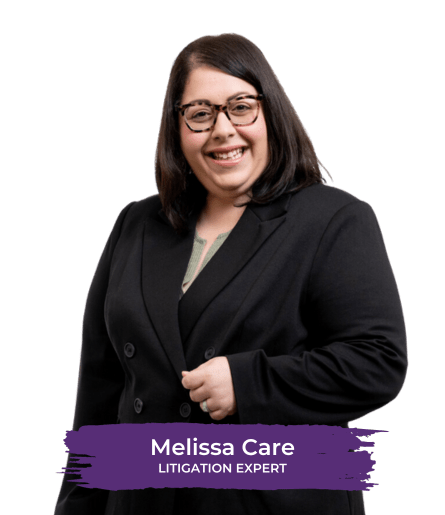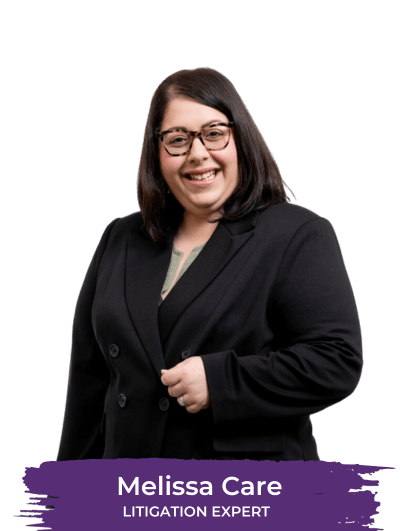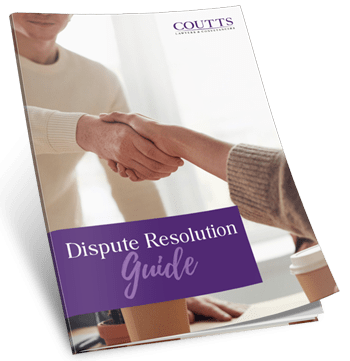We’ve Got You Covered
When facing negligence claims, a legal defence is critical. Our team are experts in navigating these challenging scenarios, offering strategic guidance and strong representation. Count on our expertise to effectively manage and counter negligence claims, providing a solid defence geared towards achieving the best possible outcome.

Melissa Care
Senior Associate
Book Your Professional Negligence Consultation Now
Professional Negligence Claims: Medical, Financial and Legal
Ensuring that when you engage a professional in an area of work, be it legal, financial or medical, the professional meets certain standards and exercises reasonable care and skill in the course of their work.
When a professional fails to meet a certain standard of work, you may be entitled to compensation for any loss you have suffered due to their actions. If the court determines that you have satisfied the standards test, they may determine that professional negligence has occurred.
Our Commercial Litigation team can assist you with:
- Medical Negligence claims
- Financial Negligence claims
- Legal Negligence claims
What is Professional Negligence?
When you engage a professional in an area of work, be it legal, financial or medical, it is expected that this professional will meet certain standards and exercise reasonable care and skill in the course of their work. When a professional fails to meet a certain standard of work, you may be entitled to compensation for any loss you have suffered due to their actions.
To prove that you have a claim in professional negligence, you will need to satisfy three elements.
- You must prove that a duty of care was owed by the professional.
- That the service they supplied fell below the level expected by that profession.
- You must be able to prove that you suffered injury, loss or damage as a direct result of the practices carried out by the professional.
If the court determines that you have reached these standards, they may determine that professional negligence has occurred.
Medical Negligence
When any health care provider fails to treat you with reasonable skill and care. Some examples of medical negligence include:
- Misdiagnosis or delay in diagnosis
- Injuries sustained during birth
- Prescription or medication errors
- Surgical errors
Financial Negligence
When an accounting professional has made accounting errors, given incorrect advice or has given advice based on their own personal interests. If an accountant has fallen below these standards and you are at a loss because of it, negligence may be satisfied. A financial advisor can be negligent in the following circumstances:
- If they give advice without the knowledge of the client’s personal circumstances
- If they recommend unreasonable or risky investments
- If they have failed to advise on the risk associated with an investment decision
Legal Negligence
When a legal professional has not acted in accordance with the duties owed between lawyer and client. These standards are governed by the Legal Profession Uniform Law Act, which aims to provide consistency in maintaining high ethical and professional standards within the legal profession. A lawyer’s duty of care may extend to:
- Protecting your interests
- Consulting with you on questions that require further instruction
- Providing advice in a way you understand
- Advising on all matters relevant to your instruction
- Carrying out instructions by proper means
Statute of Limitations
The limitation period for a professional negligence claim can vary depending on the type of claim and its governing legislation. Generally, if a claim is purely an economic loss, the limit is 6 years beginning from the date that the loss was incurred or from which it was otherwise first discoverable. The statute of limitation varies depending on the type of claim and therefore it is important that you seek legal advice prior to commencing any action for negligence.
The Outcome of a Claim
If you are successful at a claim against a professional, you may be eligible to receive compensation for damages in loss, injury or harm that has been caused. The number of damages received will depend on a range of factors that the court will consider. Some considerations made by the court will include:
- The amount of financial loss
- The severity of the injury
- The impact that the injury or loss has had on the victim’s future.
Book Your Professional Negligence Consultation Now
What to Expect with Coutts Lawyers
Step 1: Initial Contact
Reach out to Coutts Lawyers via our website, phone, or in person. Briefly describe your matter.
Step 2: Consultation Appointment
Schedule and attend a meeting with a Coutts lawyer / Conveyancer to discuss the specifics of your matter and desired outcomes.
Step 3: Information & Legal Advice
Share all related documents and information. Your lawyer / Conveyancer will review everything, clarify aspects as needed, and then advise on the best action course.
Step 4: Action Plan Development
Based on the advice, an appropriate action plan will be formulated. This may involve communication, documentation processes, or further legal steps.
Step 5: Implementation
Execute the action plan, addressing a range of legal scenarios as necessary.
Step 6: Resolution & Closure
Navigate towards a resolution, with the path determined by the nature of the matter. Your Lawyer / Conveyancer will outline any final actions or considerations.
Introducing Melissa
Your Experienced Lawyer
Meet Melissa, a Senior Associate at Coutts Lawyers & Conveyancers, and the head of our esteemed Commercial Litigation teams. With more than a decade under her belt, Melissa is renowned for her clarity in communication, ensuring clients comprehend every aspect. Her confident and efficient problem-solving approach, coupled with cost-effectiveness, marks her as a top authority in Commercial Litigation.


Connect with Melissa Today
Multi Award-Winning
Law Firm

Professional Negligence FAQ’s
Professional negligence, also known as malpractice, occurs when a professional fails to meet the standard of care and skill expected in their field, resulting in harm or financial loss to a client or patient.
Common examples of professional negligence include medical misdiagnosis, legal errors, accounting mistakes, architectural design flaws, and engineering errors. These instances typically involve a professional’s failure to perform their duties competently and according to industry standards.
To prove professional negligence, you generally need to establish four key elements:
- Duty of care (the professional owed you a duty to provide competent service),
- Breach of duty (the professional failed to meet the standard of care),
- Causation (the negligence directly caused harm), and
- Damages (you suffered losses due to the negligence).
The statute of limitations for professional negligence claims varies by jurisdiction and the type of profession involved. It typically ranges from 2 to 6 years, with some exceptions based on the nature of the claim. It’s crucial to consult with a legal professional to determine the specific time limits applicable to your case.
In a professional negligence lawsuit, you can seek compensation for economic damages, such as financial losses directly resulting from the negligence. This may include the cost of correcting the professional’s errors, lost income, and other out-of-pocket expenses. In some cases, you may also seek non-economic damages for pain, suffering, or emotional distress.
Download your FREE Dispute Resolution Law Guide!



